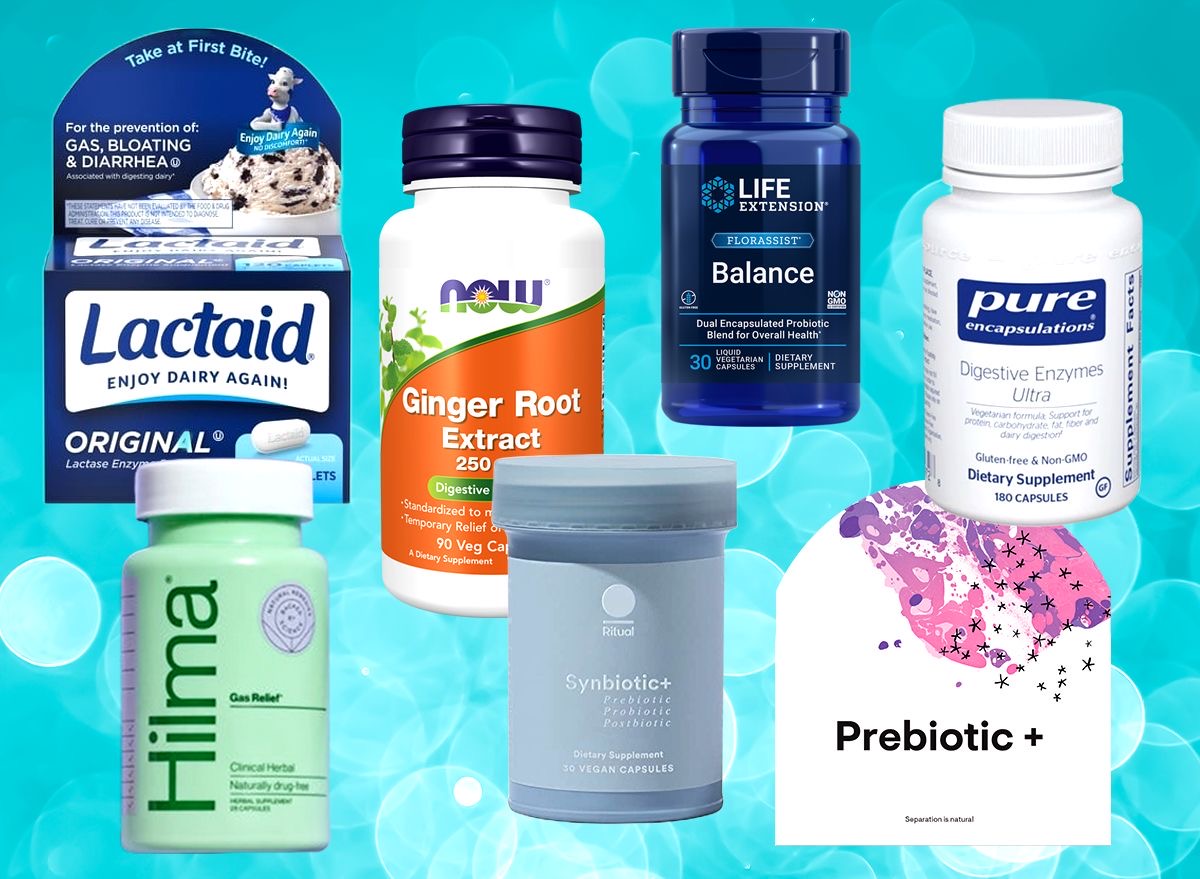
Digestive health is crucial for overall well-being, as it plays a vital role in absorbing nutrients, eliminating waste, and supporting the immune system. However, many people struggle with digestive issues such as bloating, gas, indigestion, constipation, and diarrhea. In such cases, digestive supplements can help improve gut health and alleviate symptoms. In this article, we will discuss the top 5 digestive supplements that can aid in promoting digestive health.
Probiotics
Probiotics are live bacteria and yeasts that are beneficial for gut health. They help restore the natural balance of gut bacteria, which can be disrupted by factors such as stress, poor diet, and antibiotics. Probiotics can help improve digestion, boost the immune system, and reduce symptoms of gastrointestinal disorders such as irritable bowel syndrome (IBS) and inflammatory bowel disease (IBD).
There are many strains of probiotics, with the most common being Lactobacillus and Bifidobacterium. Some probiotic supplements may also contain a combination of different strains for maximum benefit. When choosing a probiotic supplement, look for one that contains a high number of colony-forming units (CFUs) and a variety of strains.
Prebiotics
Prebiotics are non-digestible fibers that promote the growth of beneficial bacteria in the gut. They serve as food for probiotics, helping them thrive and multiply. Prebiotics can help improve digestion, support the immune system, and reduce inflammation in the gut. Some common prebiotics include inulin, fructooligosaccharides (FOS), and galactooligosaccharides (GOS).
Adding prebiotic-rich foods to your diet, such as onions, garlic, asparagus, bananas, and whole grains, can help promote gut health. Alternatively, you can take a prebiotic supplement to ensure you are getting an adequate amount of prebiotics in your diet.
Digestive Enzymes
Digestive enzymes are proteins that help break down food into smaller molecules so they can be absorbed by the body. They are produced by the pancreas, salivary glands, stomach, and small intestine. However, some people may have inadequate enzyme production, leading to digestive issues such as bloating, gas, and indigestion.
Taking a digestive enzyme supplement can help improve digestion and alleviate symptoms of enzyme deficiency. Some common digestive enzymes include amylase, protease, and lipase. When choosing a digestive enzyme supplement, look for one that contains a broad spectrum of enzymes to help break down carbohydrates, proteins, and fats.
Ginger
Ginger is a popular spice that has been used for centuries for its medicinal properties. It has anti-inflammatory and antioxidant effects, which can help reduce inflammation in the gut and improve digestion. Ginger can also help reduce symptoms of nausea, bloating, and indigestion.
You can add fresh ginger to your meals, drink ginger tea, or take a ginger supplement to reap its digestive benefits. Ginger supplements are available in various forms, including capsules, powders, and extracts. When choosing a ginger supplement, look for one that contains a standardized amount of gingerols, the active compound in ginger.
Peppermint Oil
Peppermint oil is another natural remedy that can help improve gut health. It has been shown to relax the muscles of the digestive tract, which can help alleviate symptoms of irritable bowel syndrome (IBS) such as abdominal pain and bloating. Peppermint oil can also help reduce symptoms of indigestion and improve overall digestion.
You can take peppermint oil capsules or drink peppermint tea to help improve gut health. When choosing a peppermint oil supplement, look for one that is enteric-coated to ensure the oil is released in the intestines, where it is most effective. Avoid taking peppermint oil if you have acid reflux or gastroesophageal reflux disease (GERD), as it can worsen symptoms.
In conclusion, digestive supplements can play a key role in improving gut health and alleviating digestive issues. Probiotics, prebiotics, digestive enzymes, ginger, and peppermint oil are all excellent options for promoting digestive health. However, it is important to consult with a healthcare provider before starting any new supplements, especially if you have underlying health conditions or are taking medications. With the right combination of digestive supplements and a healthy diet, you can support your gut health and improve your overall well-being.

















